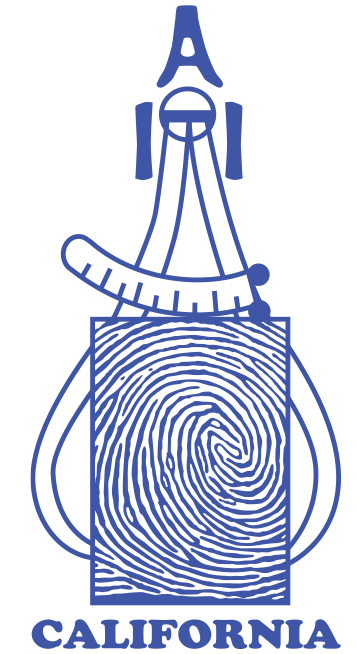As a member of the California State Division International Association for Identification, actively engaged in forensic science, I dedicate myself to the efficient and scientific administration thereof in the interest of justice and the betterment of our communities. I will cooperate with others within the forensic sciences to promote improvement through research and to disseminate such advancement in my effort to make more effective the analysis of the expert. I will employ my technical knowledge factually to protect the ethical standards of the forensic profession in all its disciplines. I accept my responsibility of public trust and will seek and defend the truth.
The ethical and professionally responsible member shall be bound by the following:
- Endeavors to be unbiased and objective approaching all assignments with due diligence and an open mind.
- Conducts full and fair examinations in which conclusions are based on the evidence and reference material relevant to the evidence, not on irrelevant information, political pressure or other outside influences.
- Renders conclusions that are only within their area of expertise and about matters for which they have given careful consideration.
- Maintains the confidentiality of restricted information.
- Communicates truthfully with all parties about information related to their analyses.
- Reports to appropriate officials any conflicts between their ethical or professional responsibilities and applicable agency policy, law, regulation or other legal authority.
- Does not accept or participate in any case in which they have any personal interest or the appearance of such an interest.
- Shall not be compensated for utilizing knowingly biased results, conclusions or testimonies.
- Supports sound scientific techniques and practices and does not pressure a practitioner to arrive at conclusions or results that are not supported by reliable scientific data.
- Conducts oneself personally and professionally in a manner that does not violate public trust.
- Does not knowingly make, promote or tolerate false accusations of a professional or criminal nature.
- Is committed to career-long learning in the forensic disciplines in which they practice and stays abreast of advances in research, technology and techniques.
- Expresses conclusions and opinions that are based on generally accepted protocols and procedures. New and novel techniques must be validated and generally accepted by the relevant scientific community prior to implementation in case work.
- Gives utmost care to the treatment of any samples or items of potential evidentiary value to avoid tampering, adulteration, loss or unnecessary consumption.
- Uses controls and standards, including reviews and verifications appropriate to their discipline, when conducting examinations and analyses.
- Accurately represents their education, training, experience and area of expertise.
- Presents accurate and complete data in reports, testimony, publications and oral presentations.
- Does not falsify, alter reports, other records or withhold relevant information from reports for strategic or tactical litigation advantage.
- Testifies to results obtained and conclusions reached based on good scientific principles and methods. Opinions are to be stated so as to be clear in their meaning and include any qualifications and limitations.
- Does not misrepresent their affiliation with the CSDIAI.
- Does not issue any misleading or inaccurate statement that gives the appearance of representing the official position of the CSDIAI.
- Cooperates fully and willingly with any official investigation(s) by the CSDIAI.
- Reports unethical, illegal, scientifically questionable conduct or violations of this code by other practitioners in which they have personal knowledge to the appropriate legal or administrative authorities.

